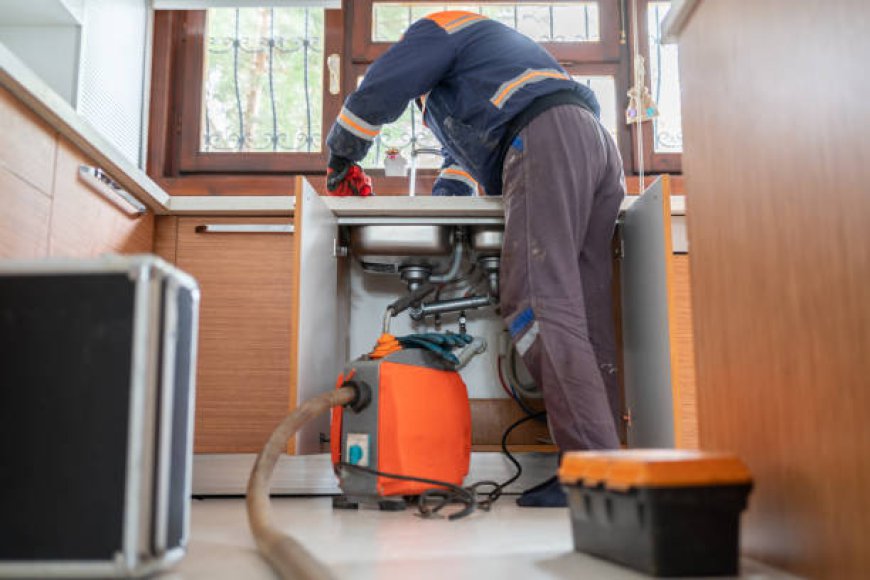Handling Emergency Drain Cleaning: A Comprehensive Guide

Introduction
Dealing with a drainage emergency can be overwhelming, especially when water starts to back up into your home. Emergency drain cleaning is crucial for mitigating potential damage and ensuring that your plumbing system remains functional. This guide offers insights into effective emergency drain cleaning techniques and provides tips for maintaining your drains to prevent future issues.
What Constitutes an Emergency Drain Cleaning Situation?
Emergency drain cleaning becomes necessary when a blockage or drainage issue is severe and requires immediate attention. Such situations often involve:
-
Severe Blockages: Drains that are completely or nearly blocked, causing water to pool or overflow.
-
Backups: Water backing up into sinks, tubs, or toilets, indicating a serious blockage or pipe issue.
-
Overflowing: Drains that overflow with wastewater, potentially leading to water damage and health hazards.
Techniques for Effective Emergency Drain Cleaning
When confronted with a drainage emergency, taking swift and appropriate action is essential. Here’s how to handle the situation:
-
Assess the Situation: Determine which drains are affected and the extent of the blockage. This will guide your next steps and help you decide whether a professional is needed.
-
Employ a Plunger: For minor clogs, a plunger can be effective in dislodging the blockage. Ensure the plunger covers the drain completely and use firm, consistent pressure.
-
Use Chemical Drain Cleaners: If plunging doesn’t work, try a chemical drain cleaner designed for your specific type of blockage. Always follow safety instructions and avoid using too much, as this can damage pipes.
-
Utilize a Plumbing Snake: A plumbing snake, or auger, can reach deeper blockages that a plunger or chemical cleaner might miss. Feed the snake into the drain and rotate it to break up or remove the obstruction.
-
Seek Professional Assistance: For persistent or complex blockages, or if you’re unsure how to proceed, contact a professional plumber. They have advanced tools and expertise to handle severe drainage issues.
Long-Term Drain Maintenance Tips
To reduce the risk of future emergencies, incorporate these drain maintenance practices into your routine:
-
Install Drain Guards: Use drain guards or screens to catch hair, food scraps, and other debris before they enter the pipes.
-
Dispose of Grease Properly: Avoid pouring grease or fat down the drain. Instead, collect and dispose of it in the trash.
-
Perform Regular Cleanings: Clean your drains regularly using non-toxic methods like baking soda and vinegar to prevent buildup.
-
Schedule Professional Maintenance: Have your plumbing system inspected periodically by a professional to identify and address potential problems early.
Conclusion
Emergency drain cleaning is an essential skill for handling urgent drainage issues effectively. By understanding the causes of drain blockages and employing the right techniques, you can address emergencies promptly and minimize damage. Additionally, regular maintenance and preventive measures will help keep your drains in good condition and reduce the likelihood of future problems. When in doubt, don’t hesitate to consult a professional to ensure a thorough and efficient resolution to your drainage concerns.

 marvindudley32
marvindudley32